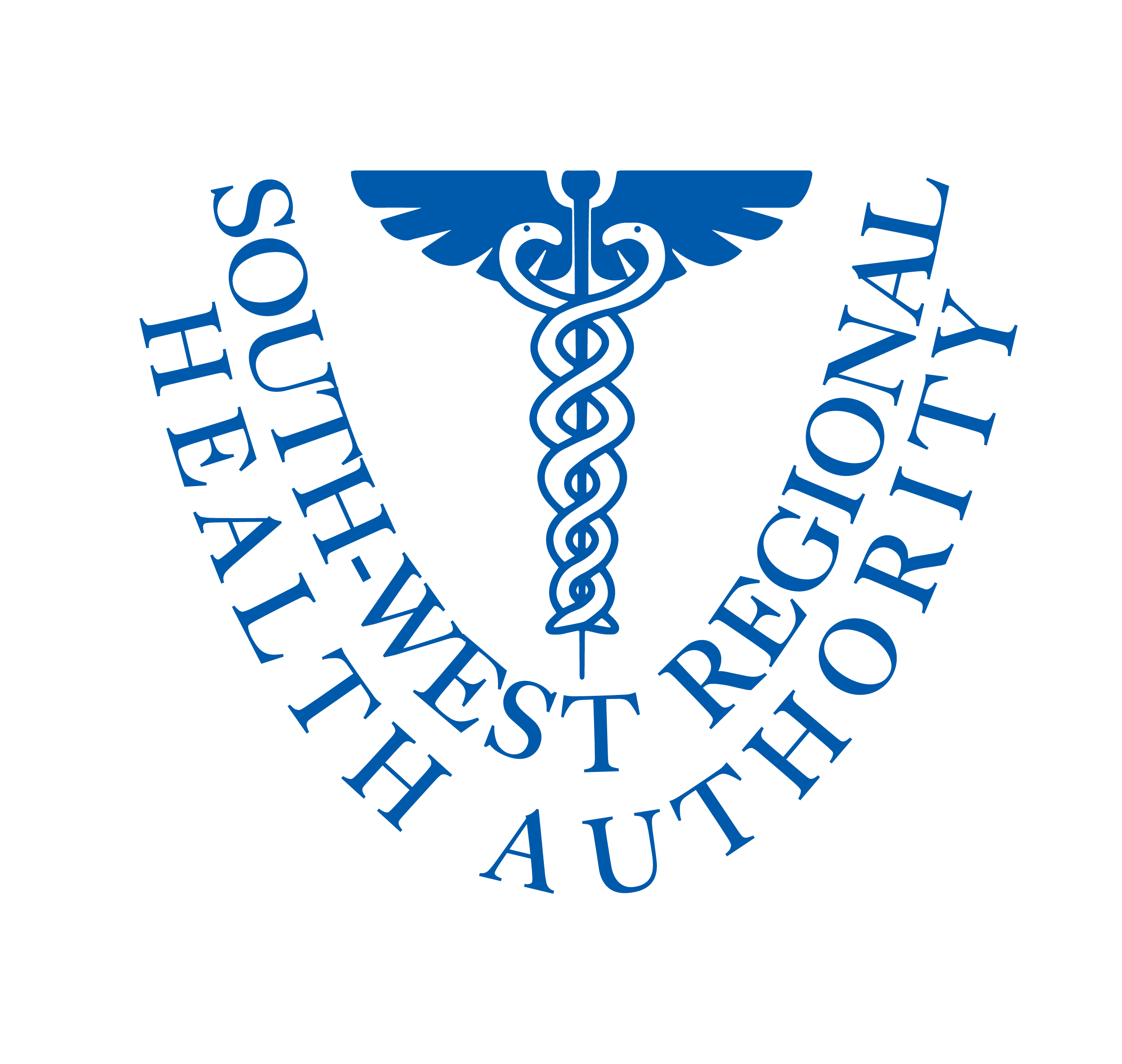MoH Public Service announcement – Protect yourself against Leptospirosis
Port-of-Spain, November 13th, 2017: The Ministry of Heath continues to urge members of the public to take the necessary steps to avoid the health risks associated with flooding. Flood waters may carry silt, raw sewage and bacteria that can contaminate food and water and make it unsafe.
The risk of infectious disease Leptospirosis is especially high in flood situations, such as after a hurricane or heavy seasonal rains. Leptospirosis is spread by bacteria and, once diagnosed early, it can be treated. Leptospirosis is spread through urine of infected animals (usually rodents, dogs, farm animals and horses). Animals and humans become infected by direct contact, by drinking or inhaling and infected urine, or water contaminated by urine.
In Humans, Leptospirosis can cause a wide range of symptoms, including:
- High Fever
- Jaundice (yellow skin and eyes)
- Headaches
- Red eyes
- Chills
- Abdominal pain
- Muscle aches
- Diarrhea
- Vomiting
- Rash
Many of these symptoms can be mistaken for other diseases. In addition, some infected persons may have no symptoms at all. The time between a person’s exposure to a contaminated source and becoming sick is 2 days to 4 weeks. Illness usually begins abruptly with fever and other symptoms.
If you believe that you may have Leptospirosis, member of the public are advised to:
- Avoid contact with animal urine, especially if you have cuts or abrasions of the skin.
- Avoid contact with potentially contaminated water (e.g. streams, rivers and ponds)
- If working in areas that may be prone to contamination, wear protective clothing such as boots, aprons, eye protection, or face masks.
- Consume only clean drinking water
- Inspect food carefully to determine if it may have come into contact with flood water.
- Discard open containers, packages and food contained in bags, paper, cloth, fibre or cardboard boxes e.g. flour, cereal, rice even if the packages were sealed.
- Throw away fresh fruits, vegetables, fish and meat that may have come into contact with flood waters.
- Canned food items may be safe for consumption but persons are advised to remove labels and disinfect cans thoroughly with a bleach solution before opening.
Ministry officials have been engaged in the following surveillance and health education activities in communities affected by flooding:
- Visits to food premises in affected areas to guarantee that contaminated foods, especially meat, are not offered for sale to the public and are disposed of in a manner that prevents its re-entry into the market.
- Monitoring food preparation and processing facilities to ensure that contaminated raw materials are not used in food preparation/processing.
- Liaising closing with farmers and market vendors to ensure that appropriate health protocols are followed, including the disposal of affected crops, where necessary. (Green, leafy vegetable crops are especially susceptible to adverse effects of flood waters)
- Monitoring and reporting on overflowing privies, such as septic tank systems and pit latrines, to relevant authorities so that they may address the situation urgently
- Monitoring and reporting on the existence of carcasses of large animals to relevant authorities so that they may address the situation urgently
- Post flooding management by the application of bactericidal spray to the hard surfaces around homes and necessary adulticiding (chemical treatment for adult mosquitoes) and larval treatment as it relates to mosquitoes.
Members of the public who need assistance in this regard should contact their County Medical Officer or Health (CMOH) office as indicated below.
- St. George East: 667-6688/667-4142
- St. George Central: 675-1983/675-5253
- St. George West: 625-4151/ 623-0724
- Caroni: 636-5066/636-8203
- St. Andrew/St. David: 668-5987/668-2055
- Nariva/Mayaro: 222-5005/5015/17/19/21 Ext 3003
- St. Patrick: 649-2056/1227
- Victoria: 652-2016 Ext. 3/653-0515
- Tobago: 660-7000 Ext. 4280
###







